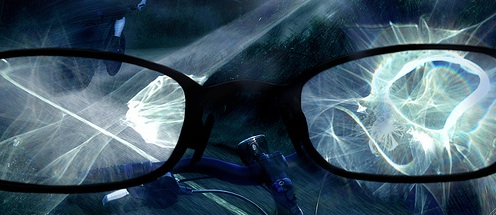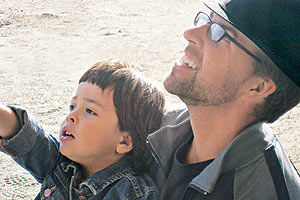Shareable advisor Bernice Yeung pointed me to this article in the magazine Science:
History is replete with stories of scientists who hid their ideas from their competition; consider Leonardo da Vinci, whose odd backward writing may have been partly motivated by fear of thieves, or Isaac Newton, who concealed one idea by writing it in the form of an anagram. Science has long been a dog-eat-dog world.
So it may seem odd that a handful of scientists are going to similar lengths to share not just their results but also, sometimes, their raw data — even their lab notebooks — often in real time. They're part of a movement called Open Science, or, more specifically, Open Notebook Science, whose motto is "no insider information."
At first glance, going "open" would seem like a serious career risk — years of work could be for nothing if a competitor uses your work to beat you to publication — but many practitioners of openness say the benefits outweigh those risks. The benefits include increased opportunities for collaboration, more feedback from colleagues, and a greater likelihood that the research will get to the people who can use it. Counterintuitively, practitioners say that being open supports their claims of priority and relieves their anxiety about getting ripped off.
"I definitely believe that science in general is more effective the more open people are," says evolutionary biologist Jonathan Eisen of the University of California (UC), Davis, who keeps much of his research open. "There are unquestionably risks for people that come with [openness], but the benefits to society are enormous. Given that taxpayers are paying for our work, I think that the default should be to be open unless you can prove that it's a bad idea."
The article has some nice nuts-and-bolts discussion about how to make data and discoveries available to the public, as well as an overview of terminology. And now here is a completely gratuitous video of Thomas Dolby's "She Blinded Me with Science," for your momentary diversion….









